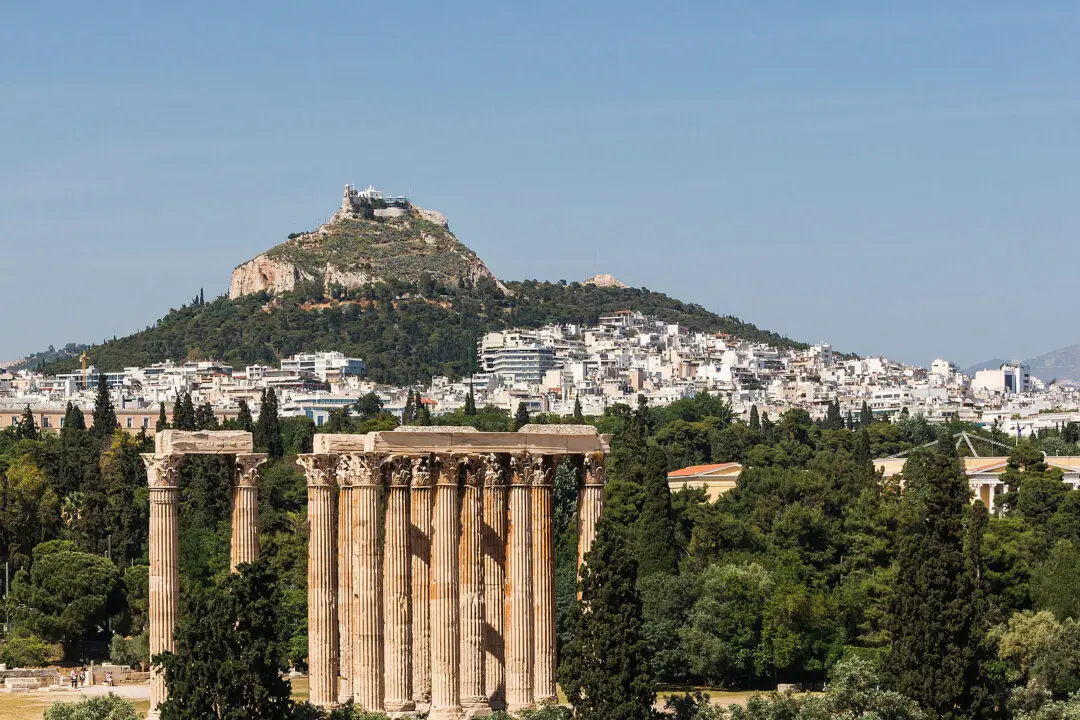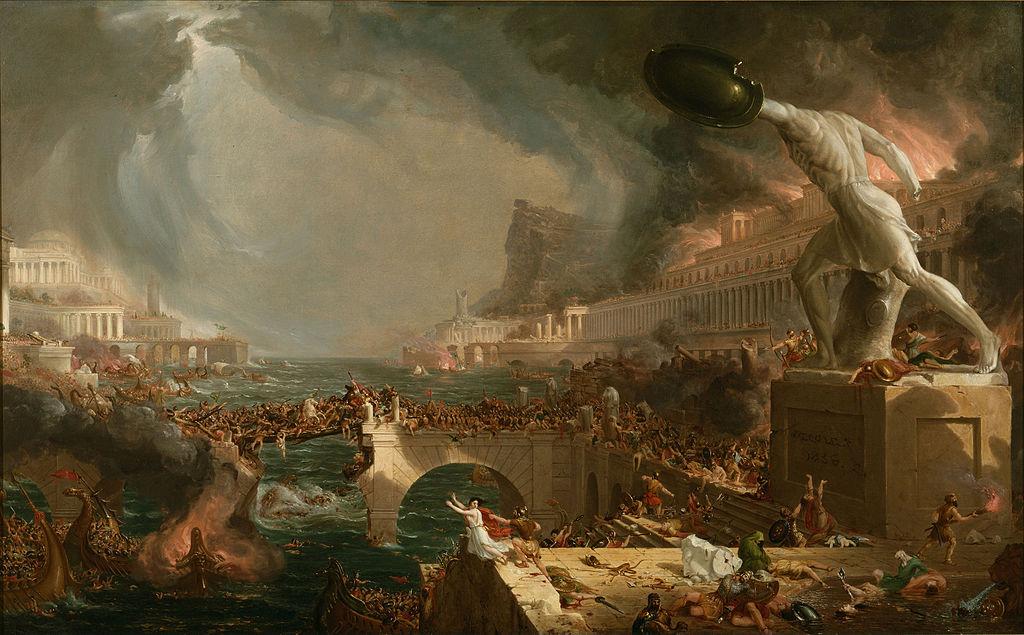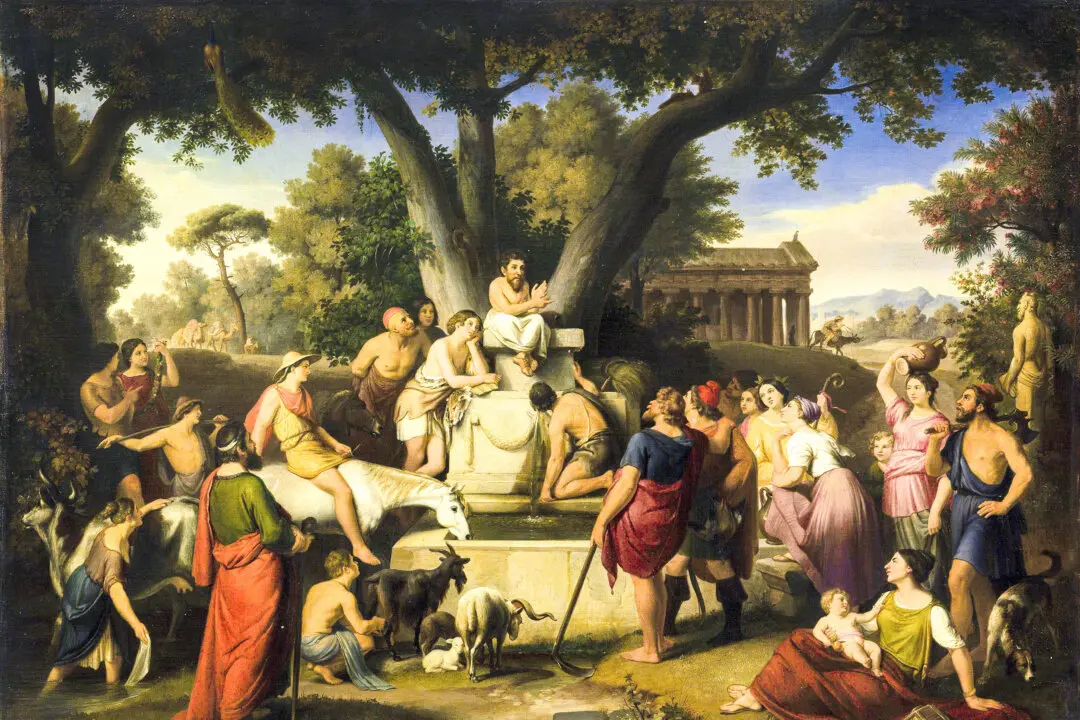When a massive army threatened to annihilate their city, Athenians were told that only a “bulwark of wood” would save them. Confusion ensued until a creative leader shocked the world with a series of decisions that illustrate the value of bold leadership in times of need.
On the Brink of War
In 480 B.C., the Persian Empire prepared to invade mainland Greece with hundreds of thousands of troops. The Persian king Xerxes had been pillaging and destroying cities around the Greek peninsula, fomenting fear among his enemies. His goal was simple: Divide and conquer. Greece wasn’t a unified country, but Xerxes’s menace prompted the first large-scale alliance of its independent city states. Thanks to its strategic location and economic eminence, Athens became a leader of the alliance as well as the stronghold of the Hellenic world.As was custom before and during war, Athenian authorities sought advice from the Oracle of Delphi, a virgin girl whose utterances were interpreted by an order of priests. The oracle delivered cryptic messages that, once deciphered, would help chart the best course of action for any given problem.






